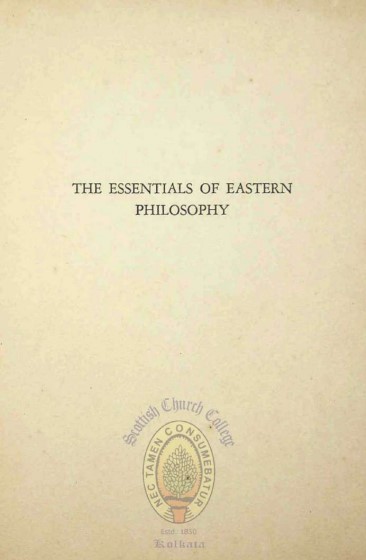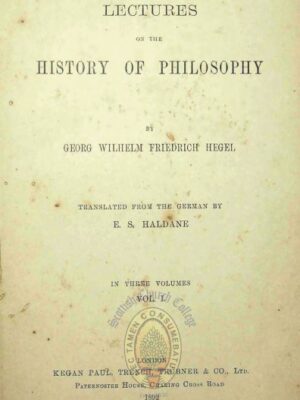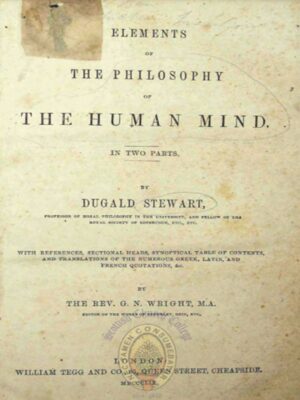Description
The Essentials of Eastern Philosophy by Prabhu Dutt Shastri is a collection of two significant addresses that were delivered at the University of Toronto’s Philosophical Conference in 1922. In these lectures, Shastri provides a concise yet profound introduction to key concepts and teachings of Eastern philosophical traditions, particularly from Indian philosophy. His discussions touch on essential topics such as the nature of the self, the concept of reality, ethics, and the pursuit of spiritual knowledge.
Shastri explores the contrast between Eastern and Western philosophical frameworks, highlighting the holistic and spiritual approach of Eastern thought, which places emphasis on inner realization, meditation, and the unity of existence. He draws from foundational Indian texts such as the Upanishads, Bhagavad Gita, and teachings from various schools of Hindu philosophy, including Vedanta and Yoga.
This work is an important resource for students and scholars of philosophy, especially those interested in understanding Eastern philosophical perspectives in comparison with Western thought. Shastri’s clear exposition of complex philosophical ideas makes this a valuable introduction for readers seeking to explore the depths of Eastern wisdom and its relevance to contemporary philosophical discourse.





